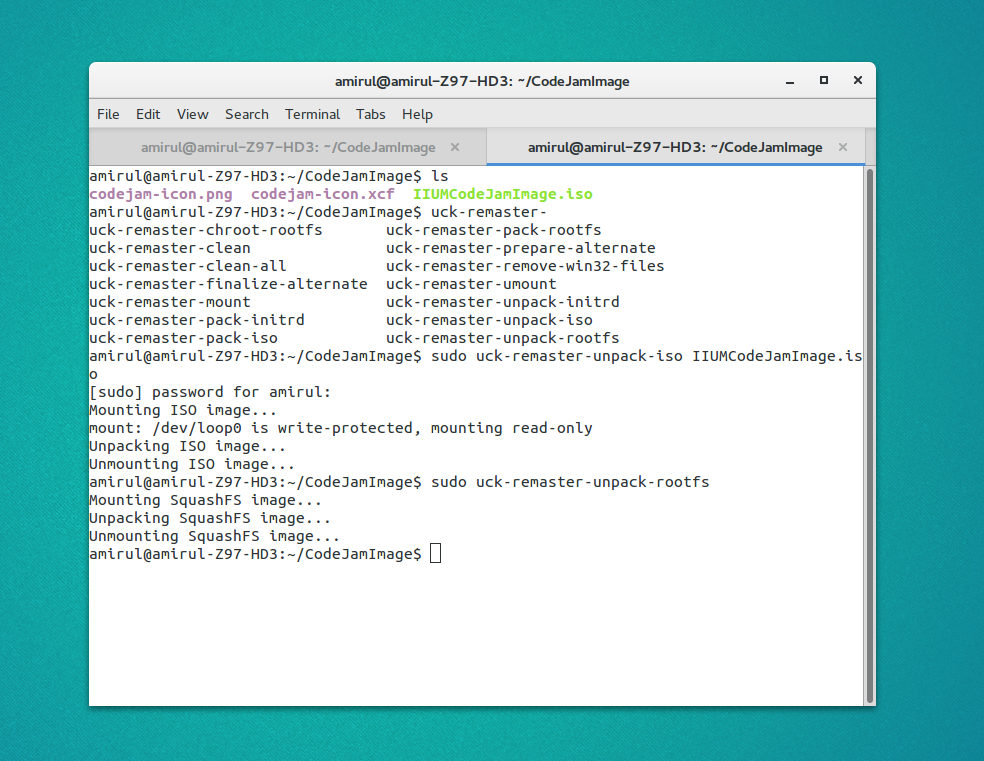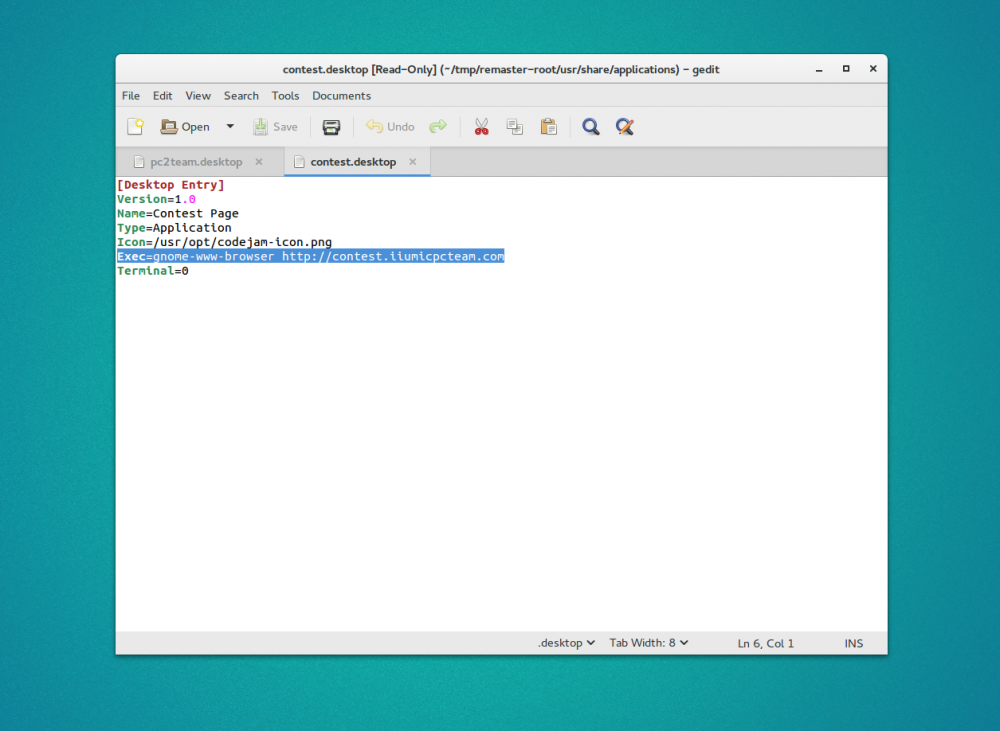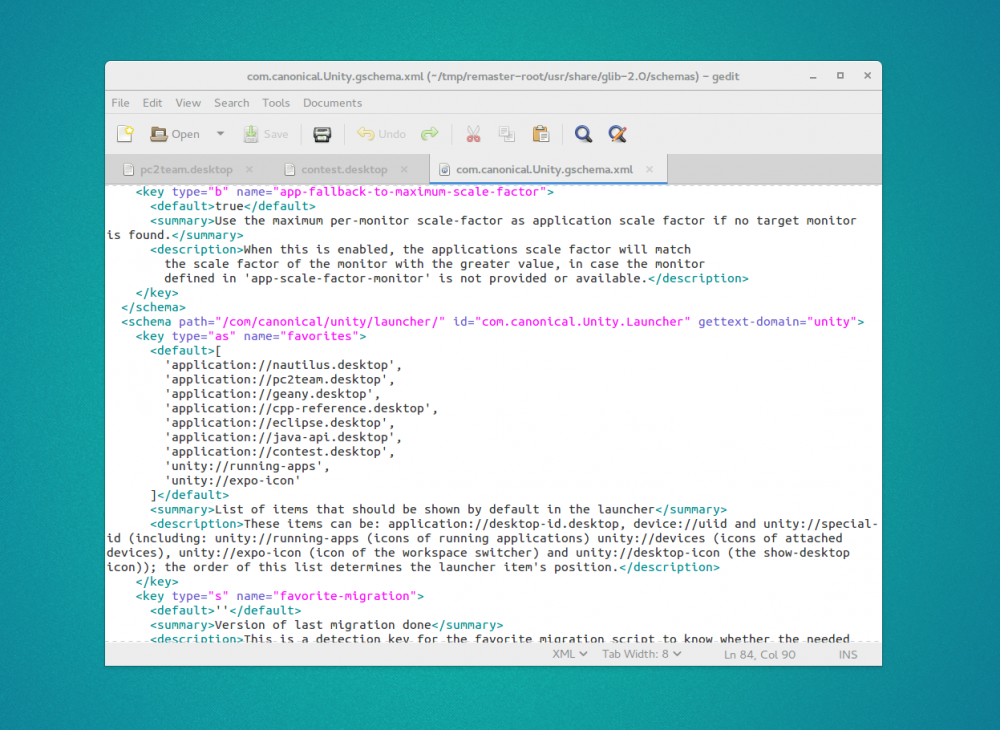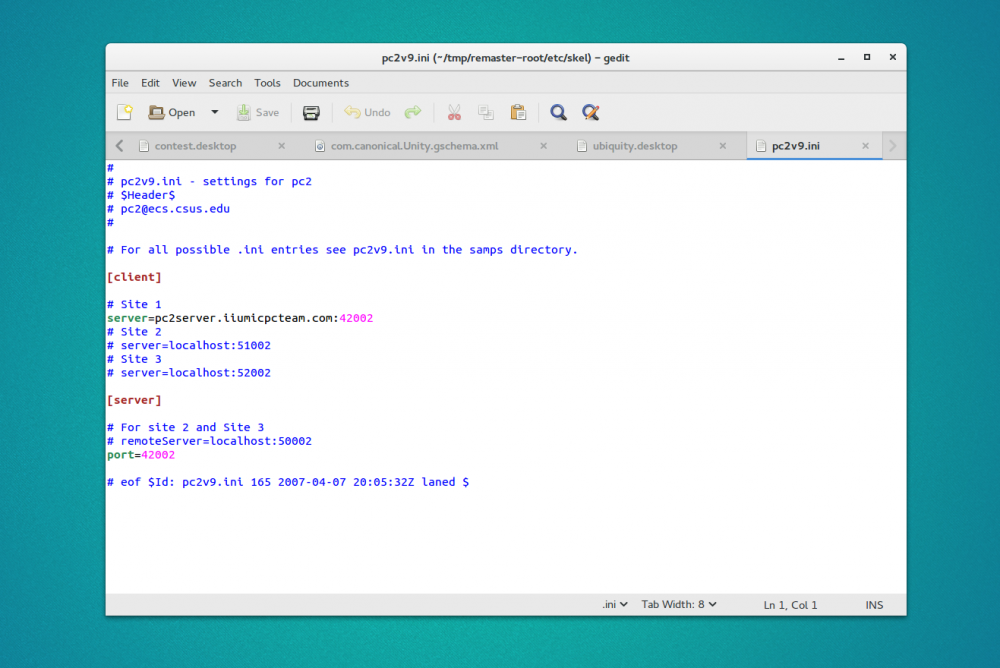This article was never finished. I publish it in relation to this article, because it shows the environment of IIUM. Some part of this post was cut and some part was added to better reflect the changes.
Assalamualaikum everyone. One of the most read article from this blog is the Past, Present and Future of IIUM. In that article which is actually an assignment for one of my class, I wrote about what I think about IIUM. Two years has passed and I’ve just ended my final studying semester from IIUM. So today I’m going to write an update regarding that in the perspective of a graduating student. I’m going to talk about IIUM Gombak specifically, not CFS or IIUM Kuantan or any other IIUM campus. I’m also going to refrain from talking about Kuliyyah of Information and Communication Technology (KICT). That will come later as a separate post. This post is more of a general review without considering a specific Kuliyyah. Although admittedly, my perspective is influenced by KICT.
The original article have a general critical tone towards IIUM. Somewhere in the article I said that IIUM is not very international, not very islamic, not as “university” as it should, but it is in Malaysia. This is, (although there are some truth to it) not a very comprehensive assessment. There are certain characteristic that makes IIUM special, and I think that article does not do it justice.
Lets starts with the general physical inspection of IIUM Gombak. Generally, other public university in Malaysia is characterized by a large area with distinct discrete buildings forming the individual faculties, residential area and other facilities.You would definitely need a vehicle to travel between these buildings. These university are generally several kilometer square wide. Some university are effectively a town with faculties scattered throughout it. IIUM Gombak is not like that. IIUM Gombak is characterized by a large circle (not really a circle) of one way road. Most of the faculty (called kuliyyah in IIUM) and facilities is located within this circle. At the center of the circle, lies the main mosque and administration offices. Around it are the various kuliyyah except KICT as KICT is a new building outside the circle, on a hill. Surrounding this circle is the student residential area and some recreational area. Because of this, the university is quite compact. There is no distinct physical separation between kuliyyah. Most kuliyyah are effectively connected to each other. The good thing is, you can walk around the campus without a vehicle. In fact, there are dedicated tunnels under the main one way road between the residential area and the center of the university. However, it would still take about 30 minutes to walk from one end of the circle to the other end. So a motorcycle is recommended. A car however, is not so recommended because you would have trouble finding a place to park your car. That is, unless you study in KICT because there is a lot of empty parking space in KICT.
The climate in IIUM is relatively cold. Some foreign student said that IIUM is quite hot. I’m guessing they never stayed outside IIUM, because its a lot hotter outside of IIUM. The cold climate is because IIUM is surrounded by hills and forest. IIUM Gombak is located at the edge of Selangor. In some way, it is a bit remote. However, there are bus shuttle to the Gombak LRT station and its connected to a highway. This makes IIUM feels like it is somewhat in an urban area. Because it is surrounded by forests, you may stumble upon various form of wildlife. Sometimes you may stumble upon the biggest butterfly you have ever seen. Sometimes a group of monkeys visits you room. Other types of wildlife includes lizard, snake and wild boars. The geographical nature of IIUM, coupled with a not-so-modern building design feels a bit like a garden. There are two rivers flowing through the central complex. Unfortunately they often looks murky. There is a lake at the north of IIUM. Unfortunately it is now a field due to sediment accumulation due to the logging north of IIUM. It was still a lake when I was in my first year.
All buildings in IIUM follows a similar design. I’m not exactly sure why. The KICT building is a bit different, probably because it is relatively new. The design is a bit brownish with blue roof. It is not modern looking. I would describe it as ‘conservative’. Only Kuliyyah of Architecture and Environmental Design (KAED) is a bit different with its main building partially having a wooden structure. One unique thing I found in IIUM is the strange toilet design. Yes, I’m talking about toilet, as strange as it is. There is always an empty space at the side of the toilet where the pipe is hanging at about 1 meter from the floor. This is consistent on every building including KICT. This means that the pipe will never touch the floor. An ingenious design that I hope every toilet would follow. IIUM is a class based university. That means, you don’t see many lecture hall. The lecture is generally conducted in class of no more than 40 student. I generally expect a university to have a large lecture hall. That is not the case with IIUM. The conservative looks, with many classes makes IIUM looks less like a university and more like a really fancy high school.
Physical appearance is only one aspect of a university. Lets talk about the people. In the previous post, I said that there are less than 30% of international student here. And that Malay and foreign student don’t mingle much with each other. That still holds true. However, as low as the ratio may actually be, I don’t think there is a lack of it. Not anymore at least. That is because, I don’t feel the presence of a foreign student as strange. When I see an African, my mind probably says, “That is an African. Ok.”. The lack of international student is not an issue, its the barrier between them. There is a large number of nationality in IIUM. If you asked me from which country that guy is from, I would say I don’t know. Even the one that looks like a Malay (and is a Malay) may actually came from Indonesia or Singapore. The diversity brings a strange sense of non-traditional feel. This is very apparent in the practice of Islam here, which I would describe as lack of Malay-nes. For example, all (most) of the mosque in Malaysia would recite ‘dua’ together after congregational prayer. That is the practice of Mazhab Shafie. However, with the introduction of other culture with different Mazhab, most of the musolla here no longer do so, with the exception of the main mosque. This is probably because most of the time, the imam of the musolla is not a local student. But even with local student, the congregational ‘dua’ may not be recited. Another example would be loud zikr. Throughout my studies in IIUM I can’t recall hearing zikr from the musolla’s loudspeaker. Where as that is very common in Malaysia. So does the readings of ‘yasin’ on friday night. Almost nonexistence. In IIUM ‘songkok’ and ‘kain pelekat’ does not represent that someone is pious. And righfully so, there is no way to know the iman of someone based on his clothing. I also don’t see much ‘serban’ around here. If you are expecting the environment here to be like a religious school in Malaysia, where most student would wear white dressing and ‘serban’ you are severely wrong. The flavor of Islam here is quite different.
Because of the diversity, the Friday khutbah here is conducted in either English, Arabic or Malay. You heard that right, khutbah in English. The Arabic khutbah here is ‘unscripted’ compared to in normal Malaysian mosque.If the khutbah is conducted fully in arabic, someone would give the summary in english after the Friday prayer. Even if is scripted, the script changes. Sometimes they bring some mufti from arabic country to give khutbah. Sometimes big international Islamic celebrity would give khutbah in IIUM, like Mufti Menk, or some western preacher. This means the khutbah here can be quite interesting. Listening to a normal Malaysian khutbah feels like a significant downgrade. Very significant. However, that really depends on the week. Sometimes the khutbah can be as dull as a normal Malaysian khutbah. The ‘unconventionality’ of IIUM is best exhibited by the fact that IIUM is the first place I see that the khatib uses a powerpoint slideshow during his khutbah.
Unsurprisingly, this unconventionality can be opposed by the largely conservative Malay population. It is not surprising to see people to remind future student to be careful of the various ‘teachings’ of IIUM. Whether these ‘teachings’ is correct or not, I’m not the right person to answer that question. But consider this, these people speak Arabic, the language of the Quran. Which is one of the reason why the Imam of the musollah is usually an international student. They memorize and recite the Quran very well. In (Ishak usually) congregational prayers, the Imam would recite surah which I did not recognize likely because it is somewhere in the middle of Quran. What’s amazing is that, if the Imam forgot the verse (and stutter), several of the ma’mum would remind him (by reciting it loudly). That means, there are several other who remember the surah. This is in the musolla, not the mosque. The ‘level’ of Islam can especially be felt during the month of Ramadhan. Like most Malaysian mosque, IIUM’s mosque conduct 20 rakaat of tarawih prayer. However, 8 rakaat here is as long as 20 rakaat in most mosque. It turns out, it is harder to do 8 long rakaat than 20 short rakaat. Things get even more serious at the last 10 night where dozens of people bring pillows and mattress to spend the night at the mosque. I don’t know about other area in Malaysia, but from the perspective of someone from Meru, Klang, which I would consider a bit religious, seeing people bringing mattress to the mosque is quite strange. Of course, there are a couple of people who spend the night near the end of Ramadhan, but rarely up to a point where they bring matress, and in IIUM there are dozens of them. This is up to a point where the mosque management have to ask the people to stop hanging their clothes on the second floor (there are better area for that on the lower floor). Perhaps such activity is normal in the more religious state such as Kelantan or Terengganu, but not in Klang, not up to that extent.
IIUM student are also quite charitable. A few months (or year?) ago a viral post in Facebook tells a story of IIUM student who can’t afford to pay for his/her food. That resulted in multiple campaigns around the campus that attempt to seek and help these people. In KICT for example, the welfare committee of ICTSS decided that they would give out free food to whomever needs them. They just bought dozens of food packages and just left them out in the open. So you don’t need to register or anything, just take it. The funds for the food is provided by the student and also the lecturers. In multiple Mahallah, the student launched various coupon system where those in need can take the coupon and use it as a currency to buy food. However, I personally have never seen anyone using it and I probably wont. I do doubt the implementation of the campaign, but it is better than nothing. Occasionally, I found myself in a situation where the cafe’s cashier said that someone paid RM 1 for my food. Who did? Who knows. All I can say is, may Allah bless that guy.
All of this contributes to the relatively safe environment of the University. At least it feels so bit so compared to the outside world. Maybe deceivingly so. This safeness is especially true for a Muslim. In a world where “Muslim are terrorist”, IIUM turns out to be a place where a Muslim don’t have to worry about praying during lecture time, as the lecture time already take that into account. You don’t need to worry about ‘where is the musolla’, as every kuliyyah here have one. And the musolla here is not some kind of extra room re-purposed as a musollah like in some shopping mall. It is a musolla built as a musolla. There is no such thing as ‘awkwardly pious’ in this place, as you can expect everyone here to be at least a bit religious. Islam is not a trend nor a culture here. It is the norm. If you came from a place where being a Muslim is not a problem at all, this probably isn’t a bit problem to you. But the urban area, even in Malaysia is not built to specially to accommodate Muslim. If you are a devoted Muslim, looking for higher education in a non-religious field, there are not many places like IIUM. This is especially true if you think of Universities outside Malaysia.









